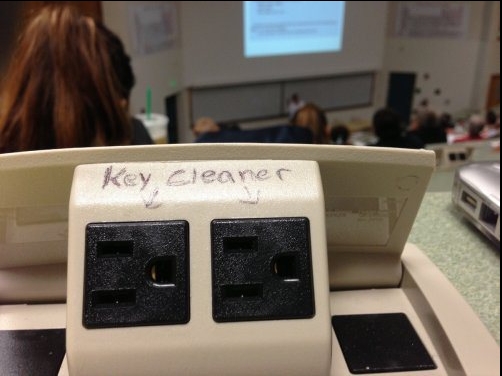@CrashII
I'm not all that much interested in the law, per say. I'm more interested in history, with the history of "law" being only a small part of that interest.
In the US, back in the late '50s/early '60s, the
basic legal system was a regular part of education.
I suppose that nowadays, kids learn how the law works during their first arrest. Certainly be their second or third arrest if they're particularly stupid.
This may be more than you want. 
Please understand, most of what I'll say was learned 40-50 years ago. So I might make a mistake or two.

Essentially, the US laws were based on the "
English common law".
English common law"The system of law that has developed in England from approximately 1066 to the present."Common Law is just that: What has commonly been the rule in past courts.
The Magna Carta of 1215, among a few other things,
"further secured trial by jury...""For a trivial offence, a free man shall be fined only in proportion to the degree of his offence, and for a serious offence correspondingly, but not so heavily as to deprive him of his livelihood.
In the same way, a merchant shall be spared his merchandise, and a husbandman the implements of his husbandry, if they fall upon the mercy of a royal court. None of these fines shall be imposed except by the assessment on oath of reputable men of the neighbourhood.
Earls and barons shall be fined only by their equals, and in proportion to the gravity of their offence. To any man whom we have deprived or dispossessed of lands, castles, liberties, or rights, without the lawful judgement of his equals, we will at once restore these"Years later most of that was "forgotten".Later, people could be accused of a crime in secret
(see Star Chamber). Although this is a really good system if
you are the one in power, a lot of people disliked it.
Over on this side of the pond, the colonials had a few problems with the British system.
For one thing, a person accused of a crime might have to be sent back to the "old country" for a trial. Needless to say, the people who would "try" him in court were not his "equals", and his means of defending himself didn't exist 3,000 miles from home.
All That is Substantial and Beneficial in a Trial by JuryEdmund Burke, 1777"A person is brought hither in the dungeon of a ship’s hold; thence he is vomited into a dungeon on land, loaded with irons, unfurnished with money, unsupported by friends, three thousand miles from all means of calling upon or confronting evidence, where no one local circumstance that tends to detect perjury can possibly be judged of; such a person may be executed according to form, but he can never be tried according to justice."And therein is the cause and effect of "Jury Nullification".
A jury in the colonies would often not convict a person of, what they considered, an un-just law. So the British figured that the only way for a proper trial was to ship them to England.
Even the
judicial reform of Alexander II of Russia included Jury Nullification:
"... jurors not only could decide whether the defendant was guilty or not guilty but also could decide that the defendant was guilty but not to be punished..."In short: Portions of the US laws were copied from British Common
(what was "common") Law. But as in everything else, they were changed to suit the times and place.
As the population expanded west, laws were changed further to suit those times and places. So where the laws of Netherlands, or "England" may be homogeneous, the laws in the US can be somewhat different, one state from the other.
What gets tried, and how it gets tried, can and will, vary.Juries will also vary. By crime, circumstances, customs, and (of course) by state.
The same is true as to whether a jury decides on the fines or penalty.
That will help to explain why Lawyers must pass the "Bar"
(test) in each state that they want to practice.
End note I have/had
??? a relative hung as a horse thief back in the 1800s.
To put that in perspective -
Steeling houses was a punishable crime.
BUT steeling the house
that a man was riding out west could result in his death.
Different times, different places.




































